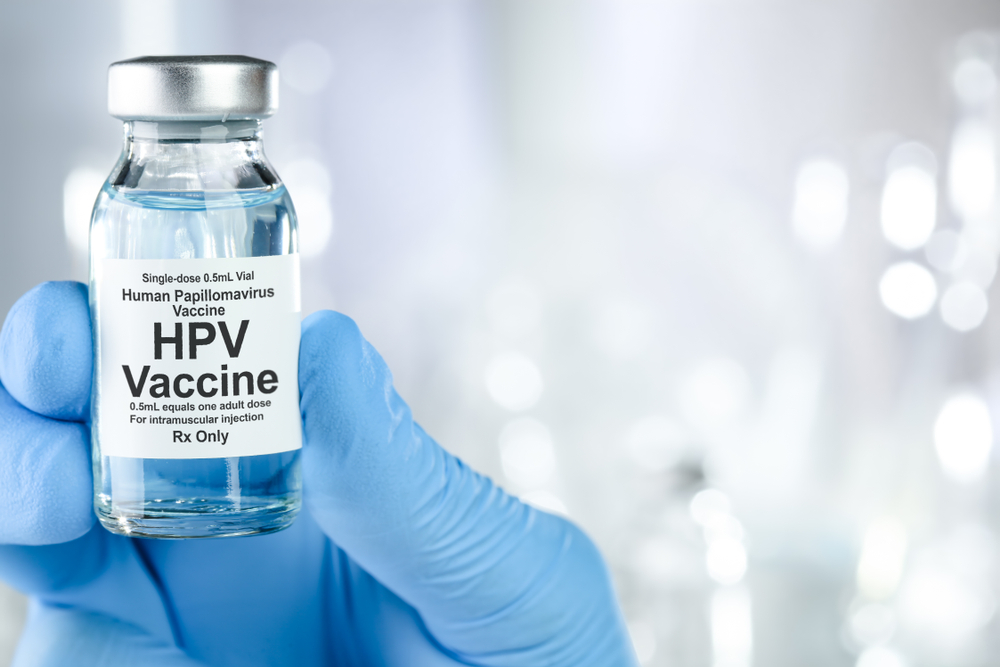Almost everyone, both male and female, will contract HPV at some point in their lives. Many individuals may not even realize they have the human papillomavirus, as it often resolves on its own within a few years. The concern arises when the infection persists, increasing the risk of transmitting it to others. Exploring the role of the HPV vaccine in preventing tonsil cancers.
HPV and the risk of throat and tonsil cancers
The American Academy of Pediatrics recommends children be vaccinated starting at age 9 or before they are sexually active.
The HPV vaccine helps to prevent over 90% of the cancers caused by HPV, all cases of genital warts, almost all cases of cervical cancer, and many pre-cancerous cells from developing into cancer.
Cancers of the mouth and throat are spread through oral sex. It can take many decades for an oral cancer to develop from HPV.
Talk with your child’s pediatrician about how many doses your child should get at their particular age to protect them from HPV.
What are signs of tonsil and throat cancers?
HPV has the potential to infect the oral cavity and throat, leading to cancer in the oropharynx. This includes the back part of the throat, the base of the tongue, and the tonsils.
Throat cancers usually develop in a crevice of the tongue or tonsils so it is often painless.
Common symptoms of tonsil and throat cancers can include:
- A lump in the neck
- Ear pain
- Long lasting sore throat
- Difficulty swallowing
- Swollen lymph nodes
- Hoarseness
- Unexplained weight loss
If you have a lump in your neck, do not put off seeing an Ear, Nose, and Throat (ENT) specialist.
Find an ENT specialist near you if you are experiencing any of the signs of throat cancer.
